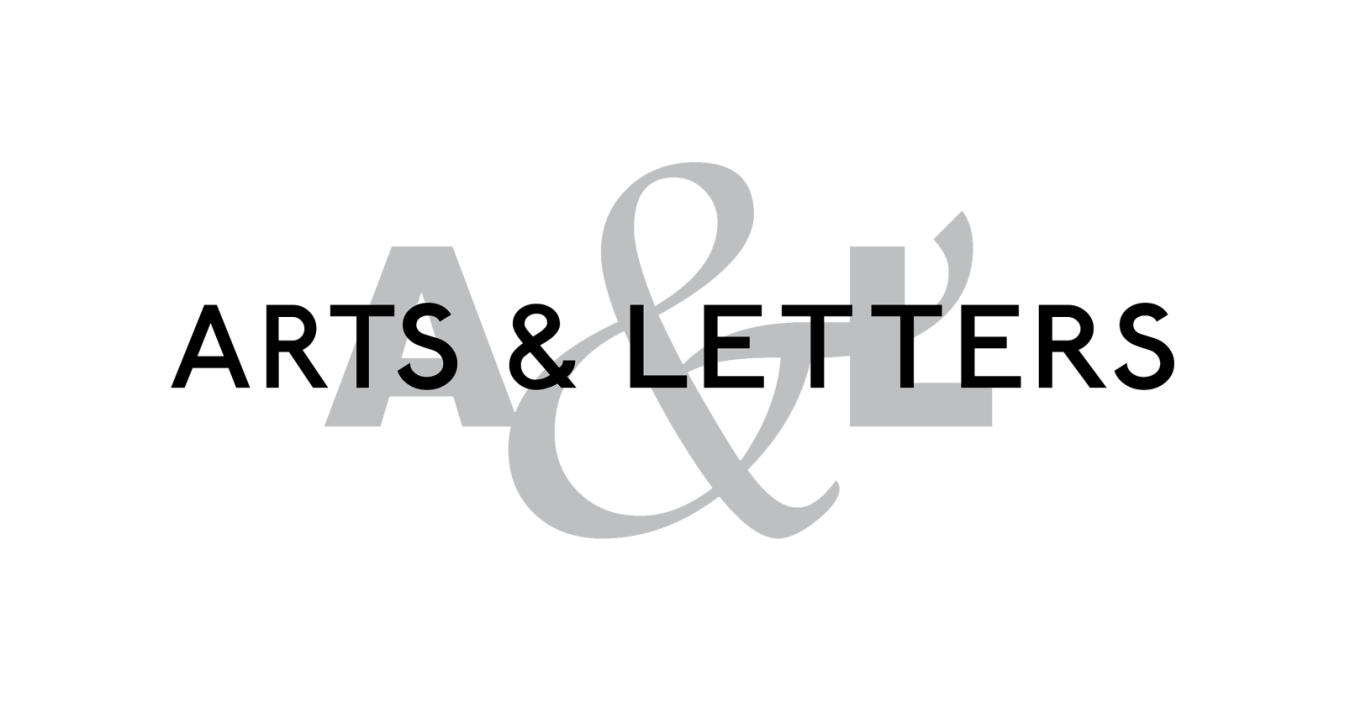
Check out the latest interview in our Ampersand Interview Series with Micah Dean Hicks.
We spoke with Micah Dean Hicks about working in public (with headphones), prewriting, and redrafting novels from scratch in the latest Ampersand Interview. Hicks won the Arts & Letters Prize for fiction in 2016 with his short story “The Deer,” which appeared in Issue 33.
A&L: Do you prefer to write in solitude or with some bustling around you?
Micah Dean Hicks: I usually leave the house and work somewhere public—a coffee shop, a food court, a library. If I’m at home, it’s too easy to get distracted by housework or grading. There’s always something else competing for my time. By leaving home, I’m making a commitment to give a few hours over to just writing.
I carry a big pair of over-the-ear headphones with me everywhere, so the bustle and noise doesn’t distract me. There’s something nice, too, about working in an open, well-lit place that’s full of people. It feels energizing.
A&L: You’ve talked before in interviews about how unusual it is for writers of magical realism to outline their work as extensively as you do before you begin writing. Can you talk about your process of outlining your surrealist pieces? How does this affect the story as compared to finding where the story is going as you write?
MDH: I do a lot of listing, sketching out ideas, making random connections. I’ll think of things I’ve read recently that are exciting. Plot elements, images that have been stuck in my head, a setting I want to dig into. Character usually comes after that and out of it.
I’ll take some of those random pieces and pair them up, see where I can strike sparks until I get a dangerous place, a character who’s hurting, an interesting problem to throw their way.
Then I make several outlines in parallel, testing out the same story five or six different ways. By the time I come up with a list of key scenes that feels cohesive and has some emotional weight, then I’m ready to start writing. All this prewriting feels like my first draft.
There’s always some aspect of finding out where the story is going as I write. Things occur to me and I make connections in the moment. But I almost never just start writing without a plan. When I do, I usually end up with a mess, a story that’s pointing in too many different directions, something that feels more like three or four story fragments than a unified whole.
A&L: How have you evolved as a writer over the years?
MDH: The way I revise has changed the most. Now I come at revision as something creative and imaginative, trying to rethink all my assumptions about the story and conceive of a better version of it. I start and end by making blueprints, I guess. More and more, revision for me is outlining a more imaginative, more emotional version of the story and just writing it all over again, not keeping a single sentence from the previous draft.
I even did this with my forthcoming novel. I wrote and threw away two other complete manuscripts, alternate versions of the novel that didn’t work, before I figured out what the final story should be about.
A few years ago, I would start by revising the sentences and spend a lot of time polishing material that didn’t need to stay to begin with. I still care a lot about my sentences, but I don’t start fine-tuning language until everything else feels right.
Revising involves a lot of redrafting for me. And I’ve always liked drafting best, those moments where you slip into a trance and just fall into the story. I end up revising faster this way and end up with better work.
Micah Dean Hicks is a Calvino Prize-winning author of fantasy, fabulism, and fairy tale retellings. His writing has appeared in The Best American Science Fiction and Fantasy, The New York Times, Lightspeed, and Kenyon Review, among others. His story collection Electricity and Other Dreams is available from New American Press. Hicks teaches creative writing at the University of Central Florida. His novel Break the Bodies, Haunt the Bones is coming February 2019 from John Joseph Adams Books.
